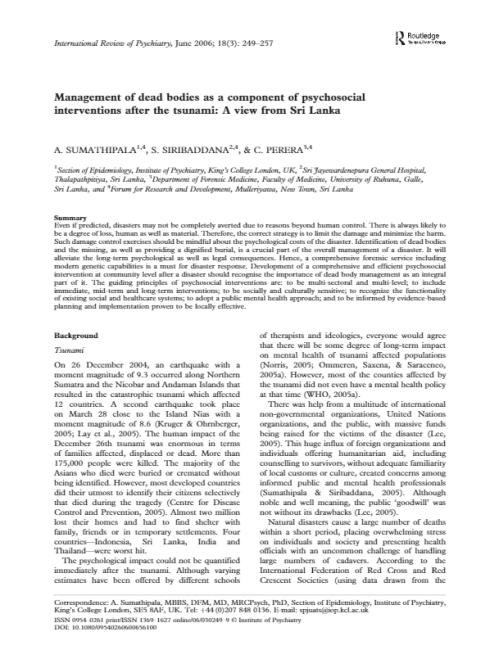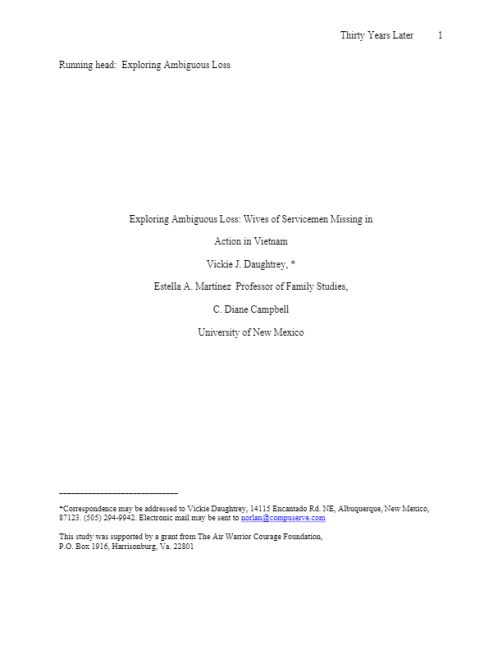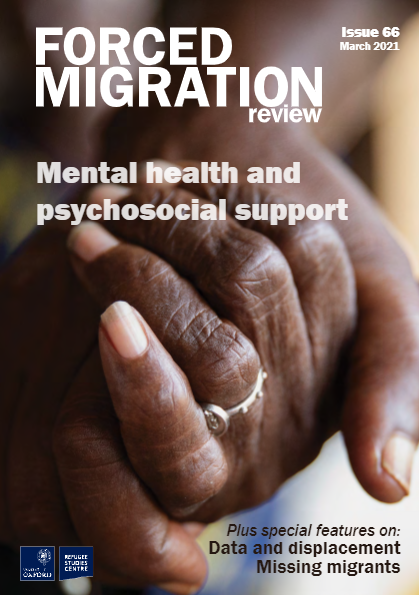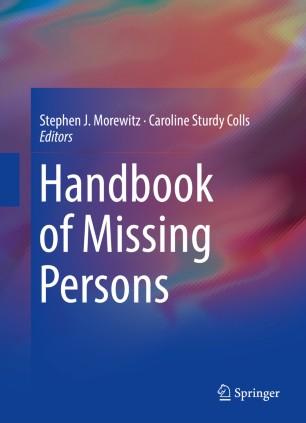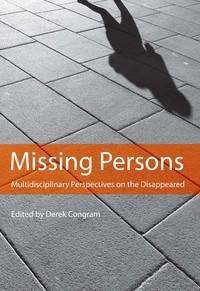
The Ambiguous Loss Inventory Plus: A measure of psychological reactions to the disappearance of a loved one
The disappearance of a loved person can be referred to as ‘ambiguous loss’ due to the persistent uncertainty about the whereabouts of the missing person. Boss differentiates two types of ambiguous loss: when a person is physically absent but kept psychologically present by the family (e.g., divorce, disappearance) and when a person is physically present but mentally absent (e.g., coma or dementia). We focus solely on disappearances as a specific subtype of ambiguous loss. Natural disasters, armed conflicts, displacement, or forced disappearance (i.e., forced abduction by state agents) are common reasons for the disappearance of people. Worldwide, tens of thousands of people go missing every year, specifically in countries affected by armed conflicts, although reliable statistics are scarce. Research confirms that a significant number of refugees have experienced the disappearance of a loved one. For example, it has been estimated that almost 100,000 persons have gone missing in Syria since 2011. In a representative survey of Syrian refugees in Sweden, 60% of participants reported the loss or disappearance of loved persons. In addition, 19% of a representative sample of refugees in Australia indicated the disappearance or murder of at least one family member. People also go missing in Western countries unaffected by conflicts, although there, the occurrence of a disappearance is comparatively rare.



